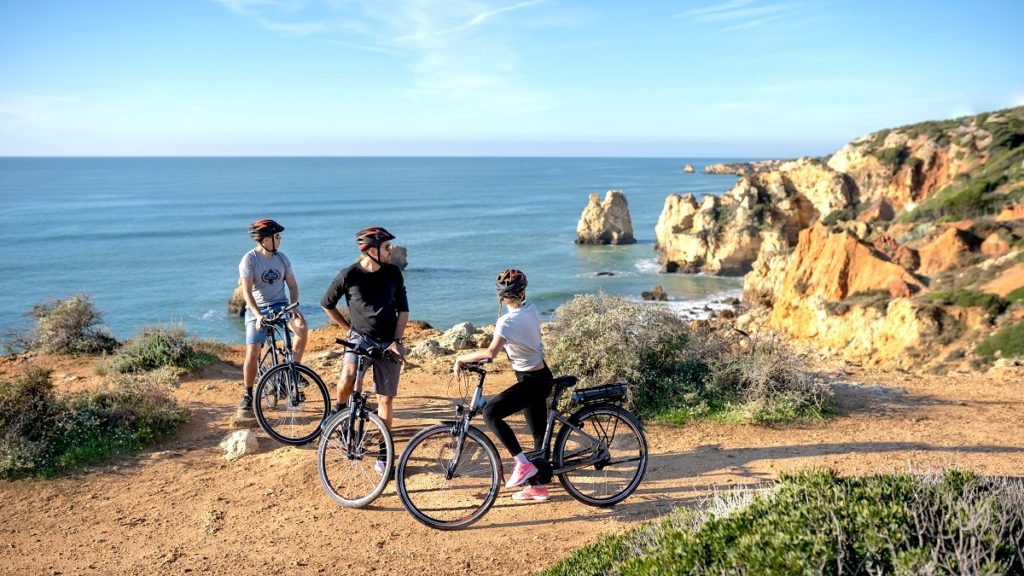September 8, 2021 - Whether you are exploring a new country or just popping out to the shops, there truly is no better way to absorb one’s surroundings than from the seat of a bicycle. This was the key message to be taken away from day 2 of Velo-city 2021 Lisboa. With a strong emphasis on cycle tourism, the bicycle industry and building future-proof cities, here’s Tuesday’s Daily Report!

Plenary 3: Changing gears towards a greener economy and sustainable tourism
Day 2 kicked off with a plenary session about the crucial role of cycling tourism and the bicycle industry in the transition towards a greener economy. Mentioning this summer’s various climate catastrophes, Philippe Crist set the stage by underlining the urgency of the transition. Matthew Baldwin called for more data about cycling and walking and reminded everyone of the EU’s binding climate laws: “It’s no longer a question of whether we do it, it’s how we do it.”
The green transition bodes extremely well for the bicycle industry – the “industry of the future,” in the words of Gil Nadais. In only a few years, Portugal has become a major bicycle-manufacturing hub in Europe, and global trends only point to the continued growth of this industry. Turning the conversation to the topic of tourism, Aragon’s José Luis Soro praised cycling tourism as a tool in the fight against depopulation in rural areas, as it offers new revenue streams to local communities.
Due to Portugal’s geographic location in Europe, it will always depend on tourists arriving by plane, said Luís Araújo. However, tourism in the country can be improved to become more sustainable, notably by making Portugal’s more than 15,000km of cycling routes more connected and coherent. This includes cycling infrastructure in cities, which is important not only for residents but also for tourists – who Alessandra Priante calls “temporary citizens,” reminding us that tourism is an integral part of most people’s lives.
Read the full report here.


















